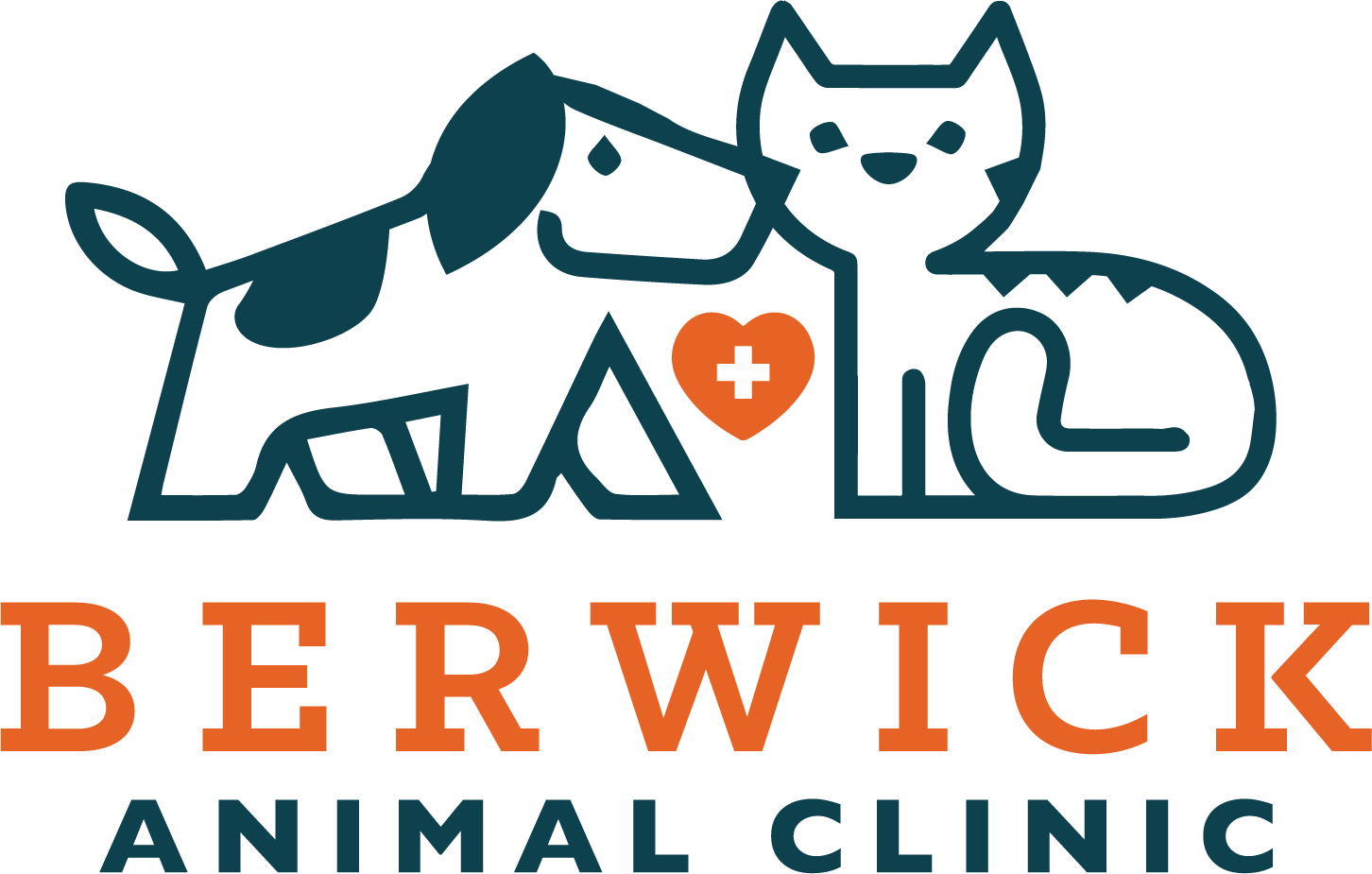Canine Parvovirus

What is Canine Parvovirus?
Also known as CPV, Canine Parvovirus is a highly contagious viral illness that can be debilitating and even fatal. It has two main forms, the more common intestinal variety and the less common cardiac variety. Puppies aged between 6 weeks and 6 months old are most commonly affected, but early vaccinations can significantly reduce the risk of contracting CPV.
CPV is resistant to the majority of cleaning products and household bleach is the only known way to eradicate it.
What causes CPV?
The CPV virus is mainly transmitted through direct contact with an infected animal, or indirectly through contact with the stools of an infected dog which contain a heavy concentration of the virus. This contact can include inhalation as well as touch. The virus can also live in the ground for up to a year where it can be brought into contact with a dog by way of shoes.
Certain breeds of dog are more susceptible to CPV. These are: Alaskan Sled Dogs, Dobermans Pinschers, English Springer Spaniels, German Shepherds, Labrador Retrievers, Pitbulls and Rottweilers. Dogs that take immunosuppressant medication or have not had adequate vaccinations are also more likely to contract CPV.
As with most contagious diseases, animal shelters and kennels are much more likely to be contaminated.
Symptoms of CPV
The intestinal variety of CPV affects an animals’ ability to absorb nutrients from their food. This means that an infected dog will rapidly become dehydrated and weak.
The primary symptoms of intestinal CPV include but are not limited to:
Anorexia / severe weight loss
Bloody diarrhea
Coughing
Fever
Lethargy
Pain, particularly if the abdomen is touched
Rapid heartbeat
Vomiting
Wet tissue of eyes and mouth becomes red and inflamed
In rare cases of CPV a dog may exhibit symptoms consistent with hypothermia rather than a high fever. Cardiac CPV is extremely rare and usually only seen in very young puppies where it attacks their heart muscles. Cardiac CPV almost always results in death.

Diagnosis
A combination of tests are required in order to give an accurate diagnosis of Canine Parvovirus. These tests can include but are not limited to:
Biochemical profiling
Blood tests
Imaging studies including x-rays and ultrasounds
Physical examination
Urine analysis
You will also be asked to provide a comprehensive history of the health of your pet and the progression of any symptoms that they have displayed. You may also be asked to provide samples of other bodily fluids.
Treatment
There is no cure for CPV itself, but instead treatment revolves around easing symptoms and ensuring that further problems such as bacterial infections do not take hold. This is usually done in a hospital environment and may involve intravenous fluid therapy, nutrition therapy, anti-sickness medications, antibiotics and anthelmintics.
Puppies have a lower survival rate owing to their underdeveloped immune systems. The survival rate for adult dogs is usually around 70%. Dogs who do not survive usually succumb to secondary bacterial infections, organ failure from severe dehydration, intestinal hemorrhages or as a result of toxins in the bloodstream.
Prevention is better than cure!
As with most illnesses, prevention is almost certainly better than cure. Vaccinations against CPV can be done as early as 8 weeks old and puppies should be vaccinated at 8, 12 and 16 weeks, after which they should be kept from socializing with other animals for another fortnight. After 16 weeks of age, they should be sufficiently vaccinated to have contact with other animals. If your pet is one of the higher-risk breeds your pet may require an extended initial vaccination program.
If you are re-homing an older dog then check with the shelter or current owner when it last had a CPV vaccination. If you are in any doubt at all then consult with your veterinarian to ensure that your pet receives the correct vaccination program for their requirements.
Ongoing Care
Dogs that have had CPV need to be kept in isolation for a minimum of two months after the initial recovery stage. Your pet will still have a weakened immune system and your veterinarian will be able to advise you on ways that you can boost this. Your pet will also prefer an easy to digest diet, and for its food and water to be close by. Ensure that you regularly clean all of your dogs’ equipment with non-toxic cleaner.
Unfortunately suffering from CPV does not leave your pet with immunity and there is no guarantee that it will not reoccur. Make sure your dog is vaccinated against CPV as soon as possible, and stick to a regular schedule.












